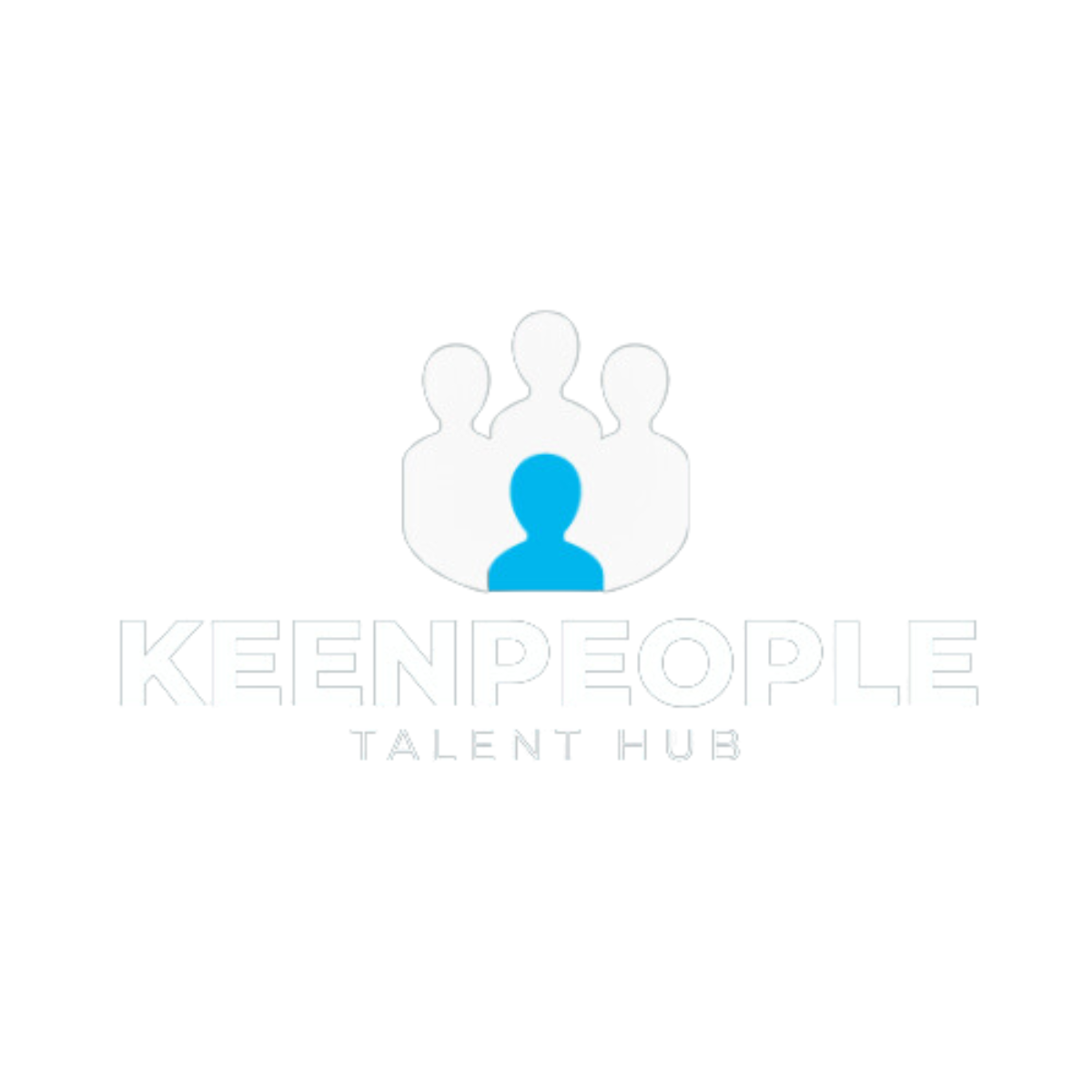Ever had a promising candidate drop out of your hiring process? You’re not alone. In today’s job market, candidates have options—plenty of them. If you’re seeing top talent disengage before the finish line, it’s worth asking: is your hiring process pushing them away?
One of the biggest culprits is a painfully slow process. Lengthy interview rounds, delayed responses, and indecisive hiring managers can all test a candidate’s patience. The best professionals aren’t sitting around waiting—they’re fielding multiple offers. If you take weeks to make a decision, they’ll likely take another opportunity before you even get back to them. Speed matters.
Then there’s poor communication. Candidates want transparency—about salary, expectations, and timelines. If they’re left in the dark or given vague updates, they’ll assume your company operates the same way internally. A clear, well-structured process with regular touchpoints can make a world of difference.
Another major reason candidates walk? An impersonal or robotic experience. A hiring process should be a two-way street—not just about assessing them, but also showing them why they should choose you. If your process feels transactional or uninspiring, they won’t feel connected to the company. Personalising interviews, giving genuine insights into company culture, and treating candidates with respect can set you apart.
Finally, misaligned expectations can derail everything at the last minute. If the job description promised one thing but the interview suggests another, candidates will hesitate. Honesty from the start about the role, growth opportunities, and company culture helps avoid last-minute dropouts.
Top talent isn’t just looking for a job—they’re looking for a great experience. If you’re struggling with candidate drop-off, it might be time to rethink your hiring approach. Have you noticed top candidates pulling away before the final stage? What do you think makes or breaks a hiring experience?










